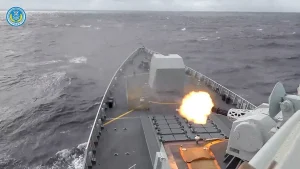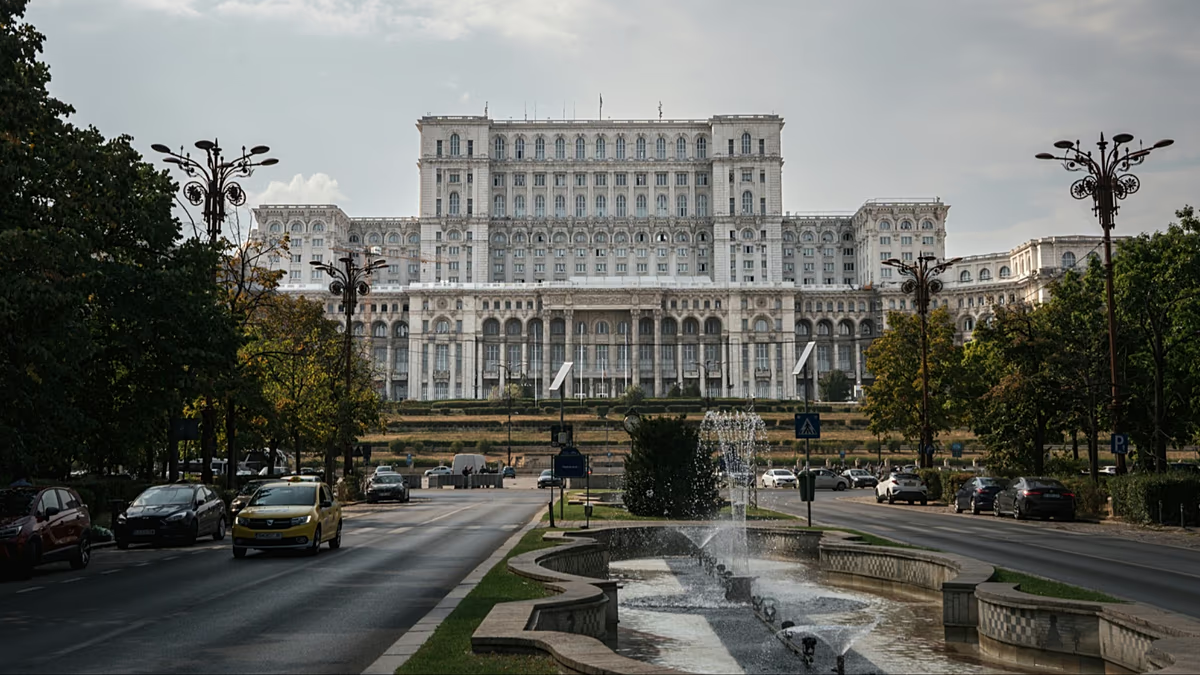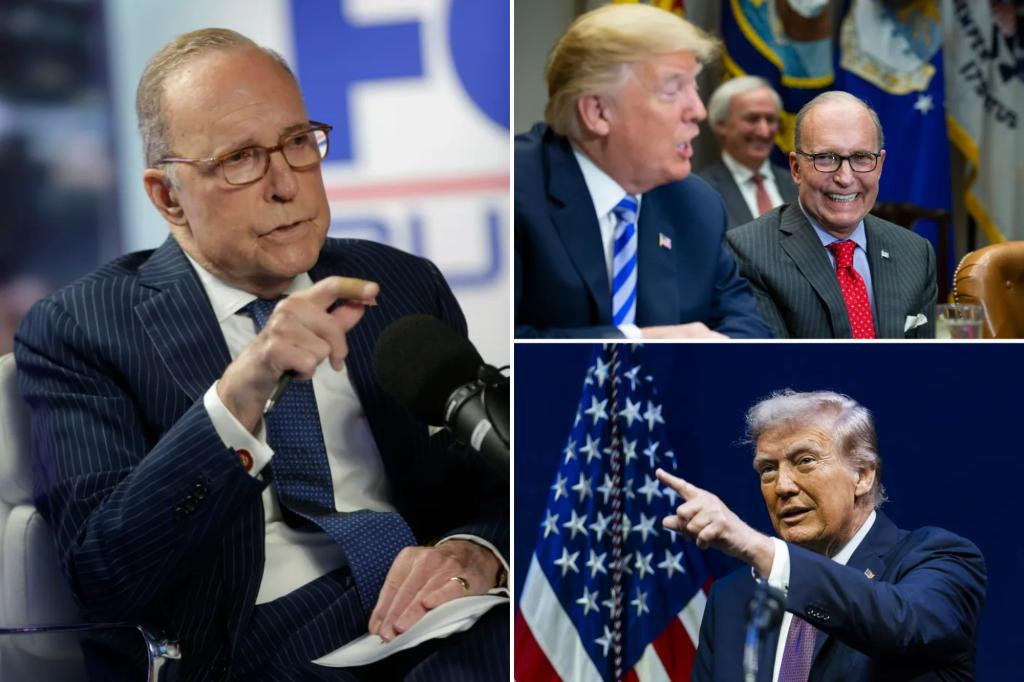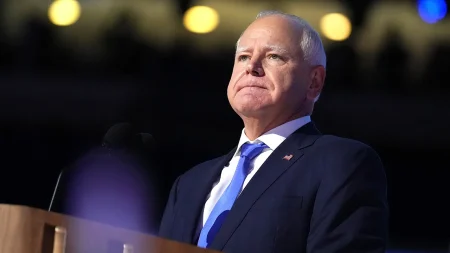Trump’s Trade Philosophy: A Deeper Look Through Larry Kudlow’s Eyes
In a revealing interview on “Pod Force One,” Larry Kudlow, who served as director of the National Economic Council during President Trump’s first term, offered a nuanced perspective on the president’s trade philosophy that challenges conventional narratives. Despite Trump’s well-known enthusiasm for tariffs—having called the word “tariff” the “most beautiful word in the dictionary” during his 2024 campaign—Kudlow insists that at his core, Trump is actually a “free trader” and an “internationalist.” This characterization might seem paradoxical given that Trump has raised tariffs to their highest levels in over a century during his second term, but Kudlow argues there’s a method behind what many see as protectionist policies.
“Donald Trump is a free trader. He is. I have had long, soulful talks with him about this point that started ten years ago,” Kudlow explained to Post columnist Miranda Devine. He continued by challenging the isolationist label often attached to Trump: “Fundamentally, he’s an internationalist, first of all. Always did business around the world. This isolationist stuff is just completely wrong, as we’ve seen. But on trade, fundamentally, he would like a world of zero tariffs or equally low tariffs, ending non-tariff barriers and various government subsidies.” This portrayal suggests that Trump’s tariff strategy might be better understood as tactical leverage rather than an end goal—a means to pressure trading partners toward more balanced relationships rather than a permanent economic policy.
Kudlow’s own journey on trade policy offers an interesting parallel to the evolution in conservative thinking. As an orthodox conservative who once frowned upon protectionist policies, he admitted his perspective began shifting after joining the Trump administration and learning about the extent of trade imbalances. “The guy who had a big influence on me is [former US Trade Representative] Bob Lighthizer,” Kudlow recounted. “Lighthizer and I were two Reagan kids. That’s when we first met. But he really showed me the differentials, what India was charging in tariffs, and what China was charging in tariffs. I had a sort of right-mainstream free trade view, but I didn’t know much about trade, and the differentials were enormous.” This revelation challenged his previous assumptions about global trade being conducted on a level playing field.
The former economic advisor painted a picture of a broken global trading system that has persisted for decades, contrasting sharply with the brief period of genuine free trade that followed World War II. “We don’t live in a world of free trade,” Kudlow told Devine, “and have not lived in such a world probably since the few years following World War II. If you go back and look, the United States, everybody was helping the Allies recover—in Europe, in Japan and so forth. But that didn’t last long, and the world trading system has been broken for decades and decades.” This historical context suggests that Trump’s approach may be a response to long-standing structural imbalances rather than a rejection of free trade principles.
Kudlow also challenged predictions that Trump’s aggressive trade policies would trigger catastrophic global trade wars. “This global trade war retaliation never happened,” he declared. “Instead of flocking to China, they flocked to the United States. And our trump card here was always our massive economy. Not just our consumer economy, but our massive economy. And Trump knew that.” This assessment highlights the economic leverage that the United States possesses as the world’s largest consumer market—a leverage that Trump has consistently sought to exploit in trade negotiations. Indeed, the administration has already wrapped up preliminary trade deal frameworks with many top trading partners, though negotiations with major economies like China and India remain ongoing.
Looking toward the future, Kudlow expressed optimism about the direction of Trump’s trade strategy while acknowledging its dynamic nature. “It’ll change. It’ll go up, it’ll go down. Sometimes there’ll be tariffs, sometimes there won’t be, but it’ll be much improved,” he predicted. “It’s going to take a while, and as I say there’ll be bumps on the road, but he’s well on his way to a big victory.” This suggests that tariffs in the Trump doctrine are not dogmatic positions but practical tools that can be deployed, adjusted, or removed as circumstances warrant. The ultimate goal, according to Kudlow’s interpretation, remains a more balanced global trading system where American interests are protected and advanced—a system that, in its ideal form, might indeed feature the “zero tariffs” that both Trump and traditional free traders profess to desire.











